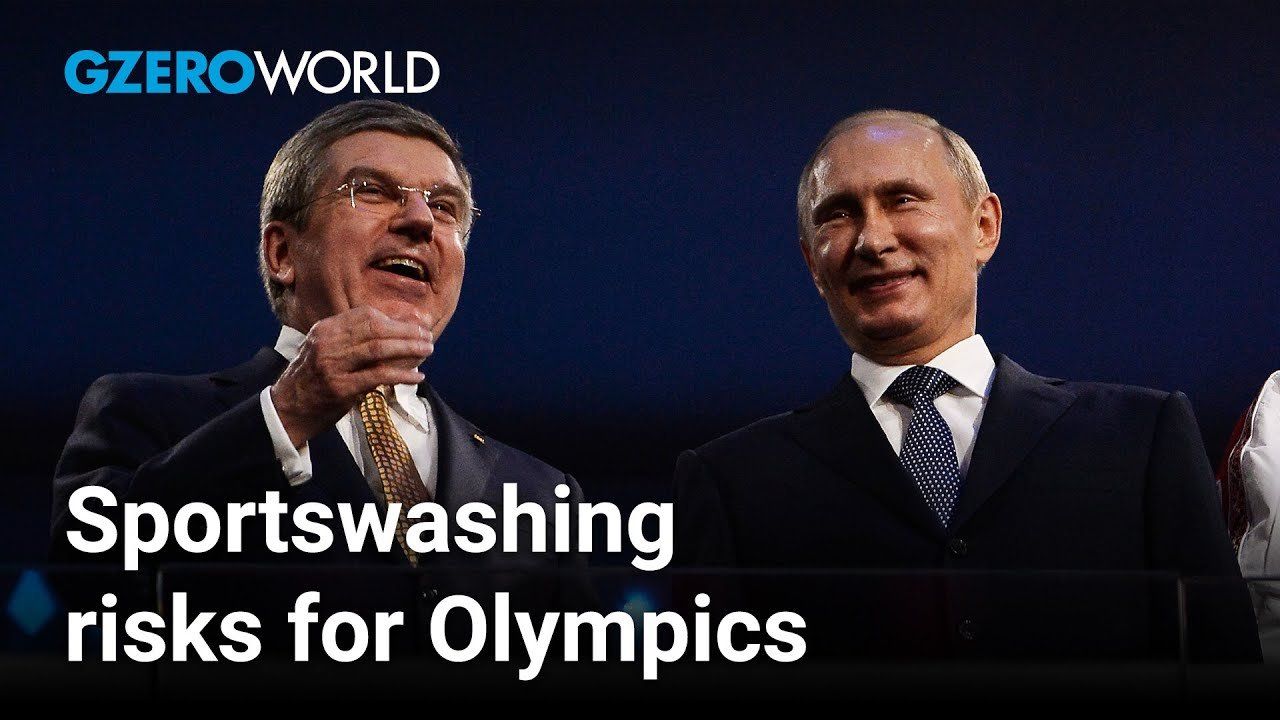
Should there be a limit on foreign investment in professional sports? Sportswashing—when a government uses sports to improve its country’s reputation, distract from human rights abuses, or political controversies—has become a major problem in athletics and pro sports. But can governments do anything to stop it?
Washington Post sports columnist Sally Jenkins joined Ian Bremmer on GZERO World ahead of the Olympic Games in Paris to talk about politics, sports and how they overlap. Saudi Arabia has invested billions of dollars in the last few years in sports like golf and tennis to help burnish its global reputation as a modern, forward-looking country. Sportswashing isn’t just a moral issue but also a political one, Jenkins points out, because the more foreign money that gets entangled in domestic companies, the more difficult it is for governments to draw a red line. Jenkin also addresses the NBA’s complex relationship with China on issues like Hong Kong, another example of how financial ties can lead to compromising on democratic values, a position Jenkins calls “the anaconda in the chandelier.”
Watch full episode: The politics of the Paris Olympics
Season 7 of GZERO World with Ian Bremmer, the award-winning weekly global affairs series, launches nationwide on public television stations (check local listings).
New digital episodes of GZERO World are released every Monday on YouTube. Don''t miss an episode: subscribe to GZERO's YouTube channel and turn on notifications (🔔).